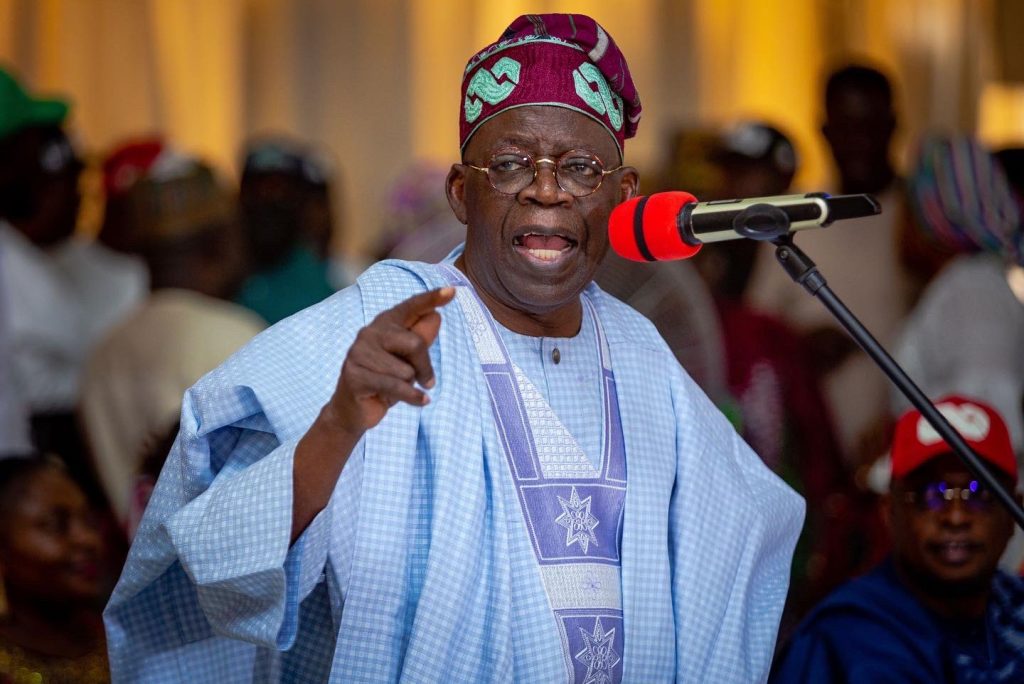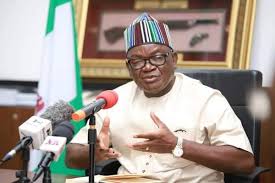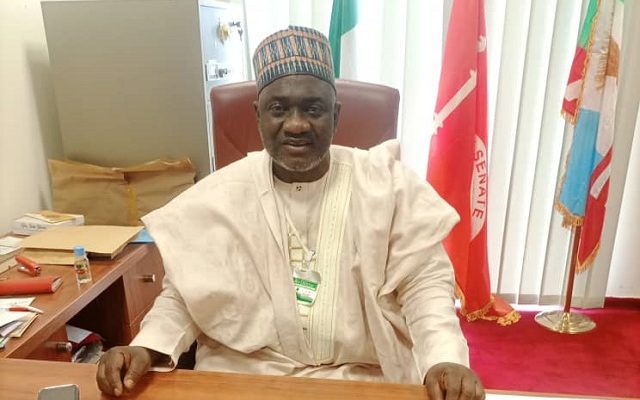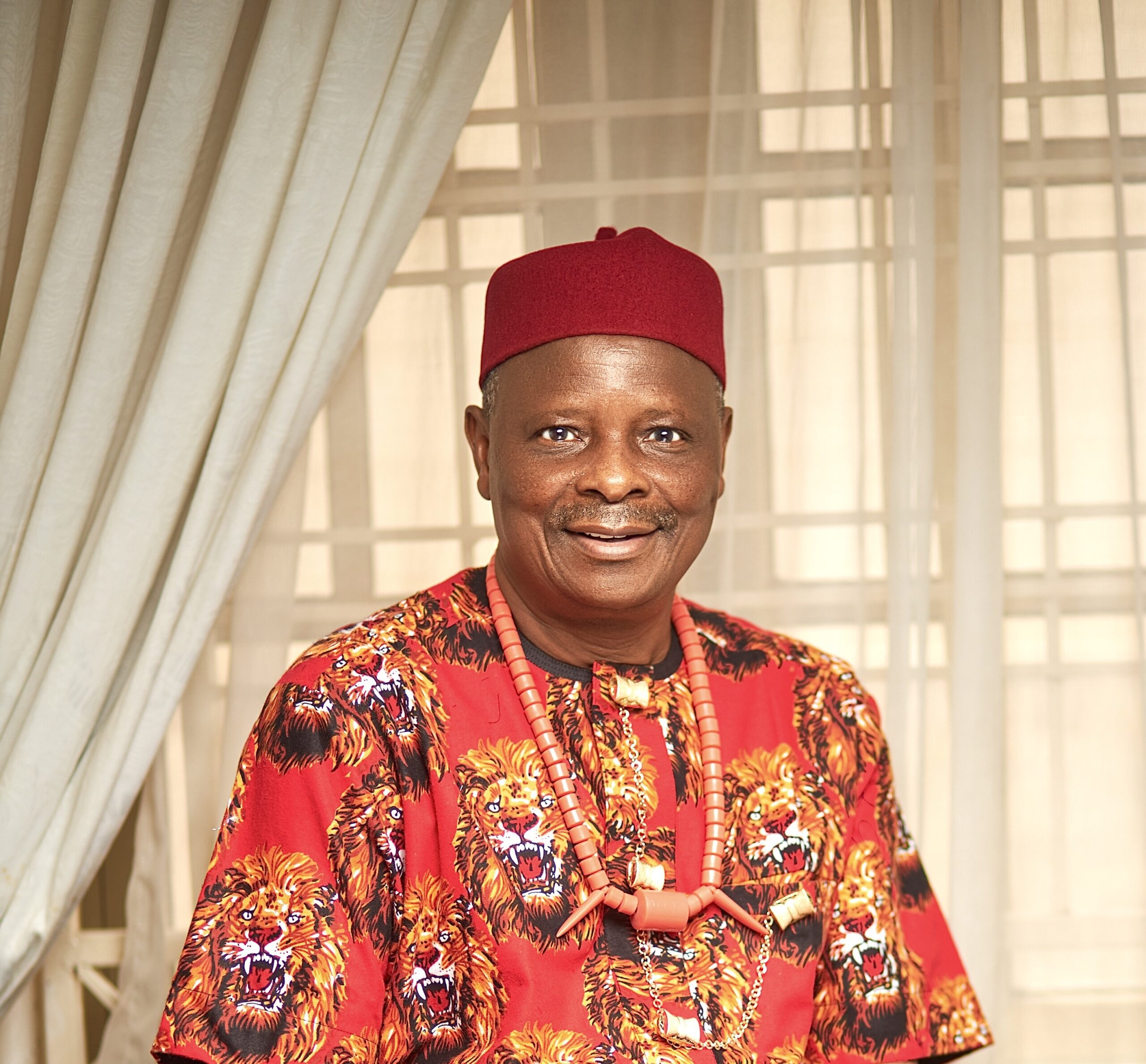By Ehichioya Ezomon
The warning about, and the calls for a religiously-motivated voter backlash that preceded Asiwaju Bola Ahmed Tinubu’s alleged “intention” to choose a Muslim vice presidential candidate for the February 2023 general election haven’t abated.
They’ve escalated since June 16, 2022, when Tinubu, a Muslim and candidate of the All Progressives Congress (APC), announced a fellow Muslim, Kabir Ibrahim Masari, from Katsina State, as a hold-in/stand-in/place-holder/proxy, as his running mate at the polls.
Not even Tinubu’s response to State House correspondents’ query that he’d pick a Christian deputy candidate was taken for its face value, but considered as an off-the-cuff remarks by the APC candidate to distract from the reality.
Tinubu’s intended choice comes against the Christian community’s fierce opposition to a Muslim-Muslim ticket in a religiously-polarised society by the dominant faiths of Christianity and Islam.
Politicians have exploited religion to divide Nigeria, such that the mention of fielding members of one faith as president and vice president is anathema in the country’s contemporary politics.
Only in the June 12, 1993, presidential poll had a Muslim-Muslim ticket of Chief Moshood Kashimawo Olawale Abiola and Amb. Babagana Kingibe been floated, and succeeded in Nigeria.
Still, that acclaimed free, fair and credible election was annulled by the retired Gen. Ibrahim Badamasi Babangida military junta, and Abiola, winner of the poll, died in detention, where he’s custodied by the late Gen. Sani Abacha, “for declaring himself President.”
But in 2018, President Muhammadu Buhari posthumously recognised Abiola (and Kingibe) as truly the winner of the election, and awarded him the national honour of Grand Commander of the Federal Republic (GCFR), conferred only on Presidents of Nigeria.
The outcry against Tinubu’s Muslim running mate stems from the fear of, and threats by vocal adherents to Islamise Nigeria, through a jihad, and “dip the Holy Qur’an in the Atlantic ocean” in Southern Nigeria, to symbolise the country as an Islamic State.
These threats have intensified under President Buhari, a Muslim, with the Boko Haram/Islamic State West African Province (ISWAP) extending their bloody campaigns from the North-East to the North-West and South-West, to proclaim a Caliphate over Nigeria.
Likewise, a band of armed Fulani herdsmen and bandits, reportedly invited from neighbouring West African countries, has embarked on a kidnapping and killing spree, and sacking and occupying indigenous lands and communities across Nigeria.
The above is the backdrop to Tinubu and the APC leaders’ possible settling for a Muslim-Muslim ticket that’s alarmed the umbrella Christian Association of Nigeria (CAN), Catholic Church in Nigeria and Arewa Christians and Indigenous Pastors Association (ACIPA).
The bodies have warned against a Muslim-Muslim or Christian-Christian presidential ticket by political parties, and vowed to mobilise massive votes against the APC Muslim-Muslim ticket.
The CAN, in a statement by its Secretary General, Joseph Daramola, on June 14, urged political parties to ensure balance in their presidential tickets, warning that a Muslim-Muslim or Christian-Christian ticket would be unacceptable.
It said: “… the CAN will not accept any presidential ticket that is Christian-Christian or Muslim-Muslim. This simply means that where the presidential candidate of the party is a Christian, the deputy should be a Muslim, and where the presidential candidate is a Muslim, the deputy should be a Christian.
“In the context of growing religiously-motivated terrorism,… conceiving and executing any plot to have both the President and Vice President come from the same religion is a deliberate effort to ignite the fire of religious warfare in Nigeria.
“Therefore, we give notice to all political parties that we will protect the religious diversity of the Nigerian State and will mobilise… against any party that sows the seed of religious conflict by presenting to Nigeria a presidential ticket that is Muslim-Muslim or Christian-Christian.”
A statement by the Catholic Secretariat of Nigeria came on June 14 via its Secretary-General, Rev. Fr Zachara Nyantiso Samjumi, and Director, Social Communications, Rev. Fr Michael Nsikak Umoh.
In it, the Church said there’s nothing wrong in a Muslim-Muslim or Christian-Christian ticket in a democractic dispensation “if there is mutual trust and respect for the human person, and the desire for seeking political office is the fostering of the common good.”
“With the present glaring crisis and division in the nation, a Muslim-Muslim ticket would be most insensitive and a tacit endorsement of the negative voices of many non-state actors who have been threatening this nation’s unity and peaceful coexistence without an arrest,” the Church said.
“Going by the Kaduna experience, we can perceive the havoc the Muslim-Muslim ticket has brought upon the predominantly Christian people of Southern Kaduna.
“We… strongly advise those political parties toying with divisive agenda to have a rethink by presenting a more inclusive ticket, while calling on people of goodwill to resist this budding injustice that may be hatched against a cross section of the people,” the Church added.
And the ACIPA in a statement by its Chairman, Rev. Shehu Luke, on June 14, said it’s “aware of the plan for a Muslim-Muslim ticket or an alternative ‘use’ of (a) Christian running mate to be vice-president to assuage his Christians while promoting Islamic agenda.”
“This is unacceptable to ACIPA, our networking partners, and indeed all Christians in the next dispensation. Any political party or candidate that neglects Arewa (northern) Christians shall do so at their peril.
“ACIPA shall be consulting widely in the days ahead for a definite decision on who to endorse as the President of Nigeria in the 2023 elections,” the association said.
Despite these warnings by the Christian community against a Muslim-Muslim or Christian-Christian presidential ticket, the APC and Tinubu are accusingly set to name a Muslim running mate.
Ahead of the 2023 elections, it can be said that the APC and Tinubu aren’t unaware, and unmindful of Nigeria’s religious diversity, which’s lately been exacerbated by the actions of fundamentalists.
Yet, in politics, the paramount consideration is how to win elections and control power. Will Tinubu picking a Northern Christian secure the APC the needed victory to retain power beyond 2023?
That’s unlikely, as Christians are in the minority, reortedly about 15 per cent of the voting population in the North! Tinubu and APC need the region’s majority Muslim votes, to counter any deficits from the Christian community of Southern Nigeria at the polls.
Going by a reported APC calculation, only a Muslim-Muslim ticket can guarantee it success in 2023, and thus can’t afford a Muslim-Christian ticket in keeping with Nigeria’s religious diversity.
Similarly, the main opposition Peoples Democratic Party (PDP) and its candidate, former Vice President Atiku Abubakar, can’t pair a Muslim as a winning strategy. Hence, the party settled for a Christian running mate in Delta State Governor Ifeanyi Okowa.
Ditto for the Labour Party (LP) flagbearer, former Anambra State Governor Peter Obi, choosing a Muslim vice presidential candidate (with Dr Doyin Okupe, a Christian from Ogun State, acting as a proxy); and the New Nigeria Peoples Party (NNPP) candidate, former Kano State Governor Musa Kwankwaso, going for a Christian running mate (if Kwankwaso sustains his candidacy).
From an assumed winning strategy, Atiku can’t gamble with a Muslim joint ticket; Obi can’t joke with a Christian partner; and Kwakwanso won’t consider a Muslim running mate. Why will Tinubu experiment with a Christian that won’t guarantee him success?
Those against the APC Muslim-Muslim combo should mobilise to democratically vote against the ticket at the general election. That’s a commendable way to show disapproval and disenchantment!
Mr Ezomon, Journalist and Media Consultant, writes from Lagos, Nigeria.





